A Peek into Thailand’s Hottest Star’s World: 10 Facts You Should Know About Freen
Get an exclusive peek into the world of Freen Sarocha: uncover 10 facts ...
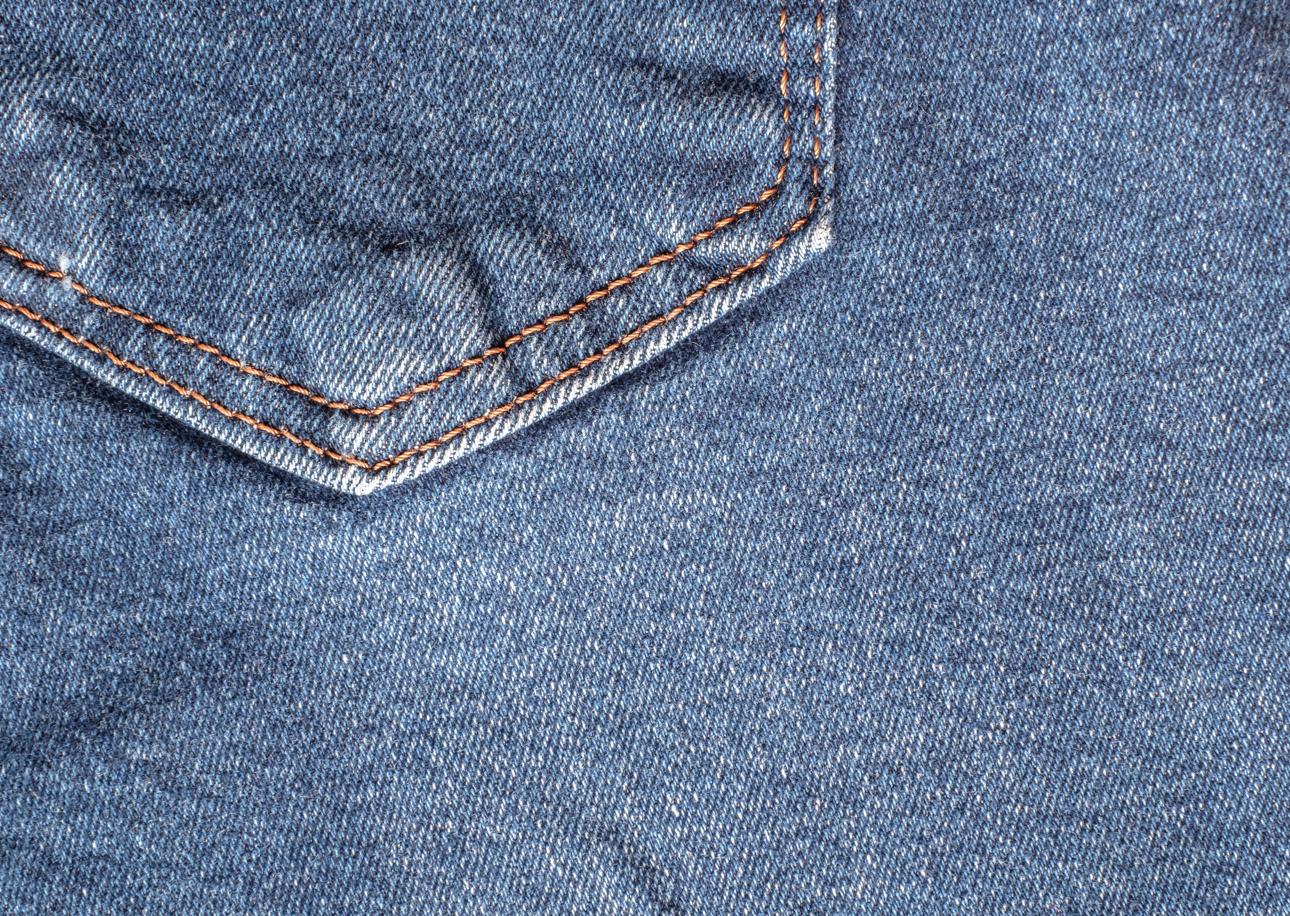
There’s no doubt that jeans will always be a fundamental staple in our wardrobe. Regardless of the time, place, or style, there exists a pair of jeans to match nearly every mood and occasion. Spanning nearly 150 years, jeans have gone from durable workwear to fashion apparel we can’t live without. Social, political, and pop culture have all played a role in denim’s evolution, and the trends that have come and gone.
The term “jeans” has its roots in the year 1567 when it was derived from the words “genoese” or “genes.” These words were used to refer to the sturdy twill trousers worn by merchant sailors hailing from the coastal city of Genoa, Italy.
The word “denim” traces back to the 17th century when a cotton twill cloth, originally known as serge de Nîmes, was crafted in Nîmes, France. This fabric was made from a blend of wool and silk. Over time, it came to be commonly referred to as “denim.”
The denim we are familiar with today has its origins in 1860 when Levi Strauss & Co., initially manufacturing work pants from stiff canvas material, introduced serge de Nîmes fabric to their product line. This decision came in response to customer demands for a softer, more comfortable fabric that caused less chafing.
In 1873, Levi Strauss and Jacob Davis obtained a patent for their riveted work pants, designed to prevent pockets and seams from bursting during heavy-duty work. Denim became the go-to choice for farm and industrial wear during the late 1800s and mid-1900s. Even today, it continues to hold the esteemed position of America’s favourite work pants.
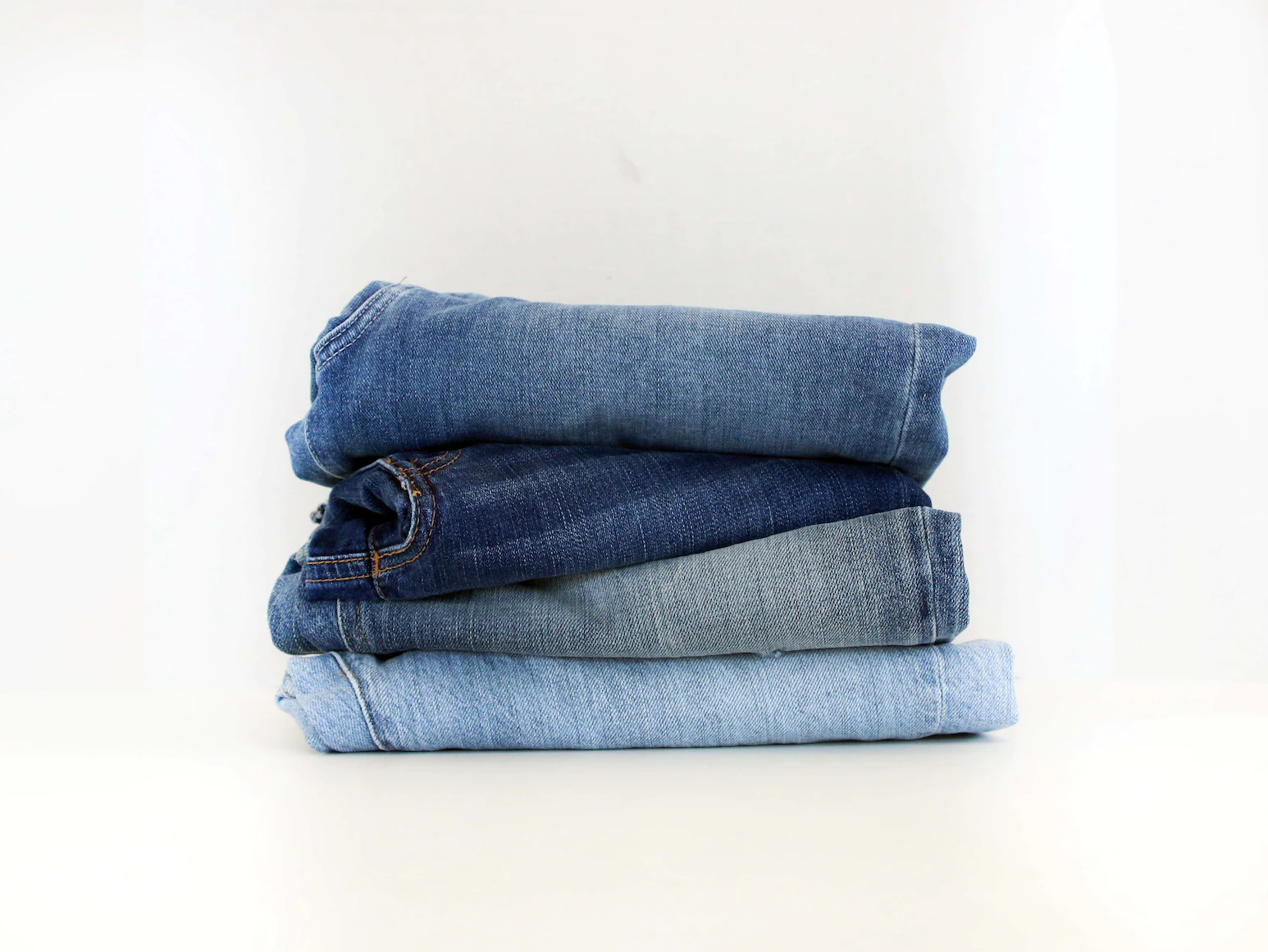
May 20, 1873: The Birth of Denim
Levi Strauss and tailor Jacob Davis’ brainchild, blue jeans, revolutionised workwear by combining metal rivets with denim trousers to create a durable uniform that withstood the rough work of Gold Rush miners (the 49ers). Workwear would never be the same again.
1920s to 1930s: Untamed, Unruly West
During the 1920s and 1930s, jeans persisted as workwear, gaining particular popularity in the American West among miners, cowboys, and labourers.
1950s: Cool Blue
In the 1950s, jeans evolved into a symbol of “cool,” with icons like James Dean and Marlon Brando endorsing cuffed, boxy denim styles in their films, challenging traditional norms. Rebellious teenagers embraced this fashion statement, leading to school boards banning jeans in response to the cultural upheaval.
1960s: Floral Fiesta
The 1960s counterculture adopted “Peace, love, and bellbottoms” as their anthem. The young, free-love generation embraced the relaxed blue jean as a symbol of liberation from rigid attire, offering a means for creative self-expression.
1970s: Americana
The ’60s spirit continued into the ’70s, representing a fresh, all-American sexuality. Icons like Farrah Fawcett and Lauren Hutton embodied this cool-girl image. Slimmer silhouettes, straight-leg jeans, denim skirts, and vests gained popularity as fashionable items.
1980s: Designer Denim
The 1980s saw the birth of designer denim and became a prominent status symbol in pop culture, with brands like Calvin Klein, Jordache, and Gloria Vanderbilt becoming highly desired by the cool kids.
1990s: The Bigger and Baggier, the Better
Because of grunge and hip-hop in the ‘90s, the denim fashion shifted once again. Straight-legged jeans, occasionally ripped, embraced a casual vibe. Also known as mom jeans, a high-waisted and relaxed fit, were also a major trend, and have recently made a comeback as well.
2000s: The Ultra Low-Rise Jeans
Millennials get ready for some nostalgia because Avril Lavigne, Christina Aguilera, and Destiny’s Child all popularised the low-rise jean. Flare and bootcut styles were also trending during the time.
2010s: Skinny Jeans
Because of advancements in denim stretch technology, skinny jeans emerged as the preferred style for various occasions, including the workweek and weekend.
Present Day: Culotte and Comfy
The present day leans more towards a looser fit, where comfort and fashion can coexist without compromising either. Medium to high-waisted jeans featuring straight or boot cut styles are on-trend, alongside wider-legged options are the trend now. Most of all, let’s not forget to opt for sustainable denim brands that look good and feel good to you and the environment.
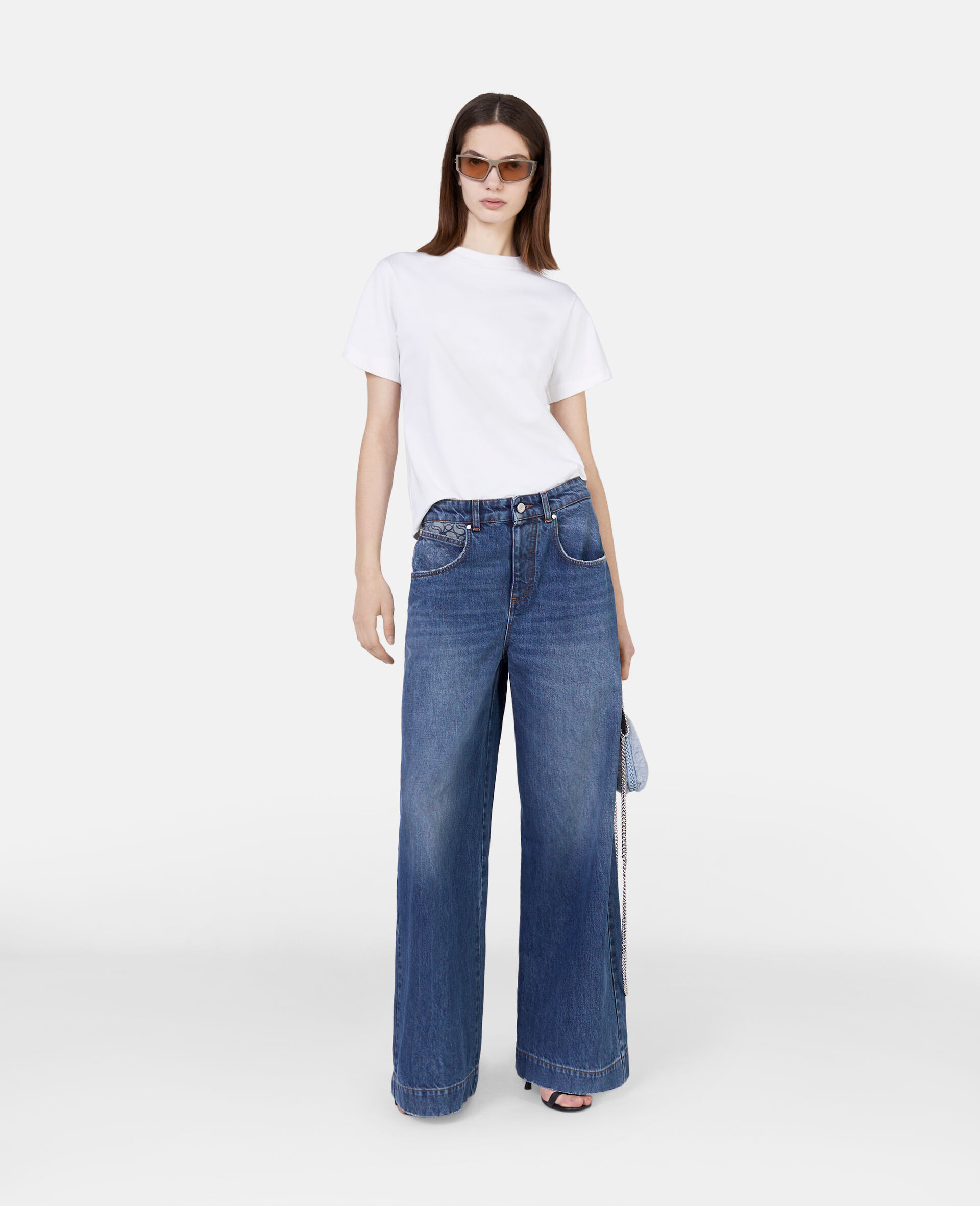
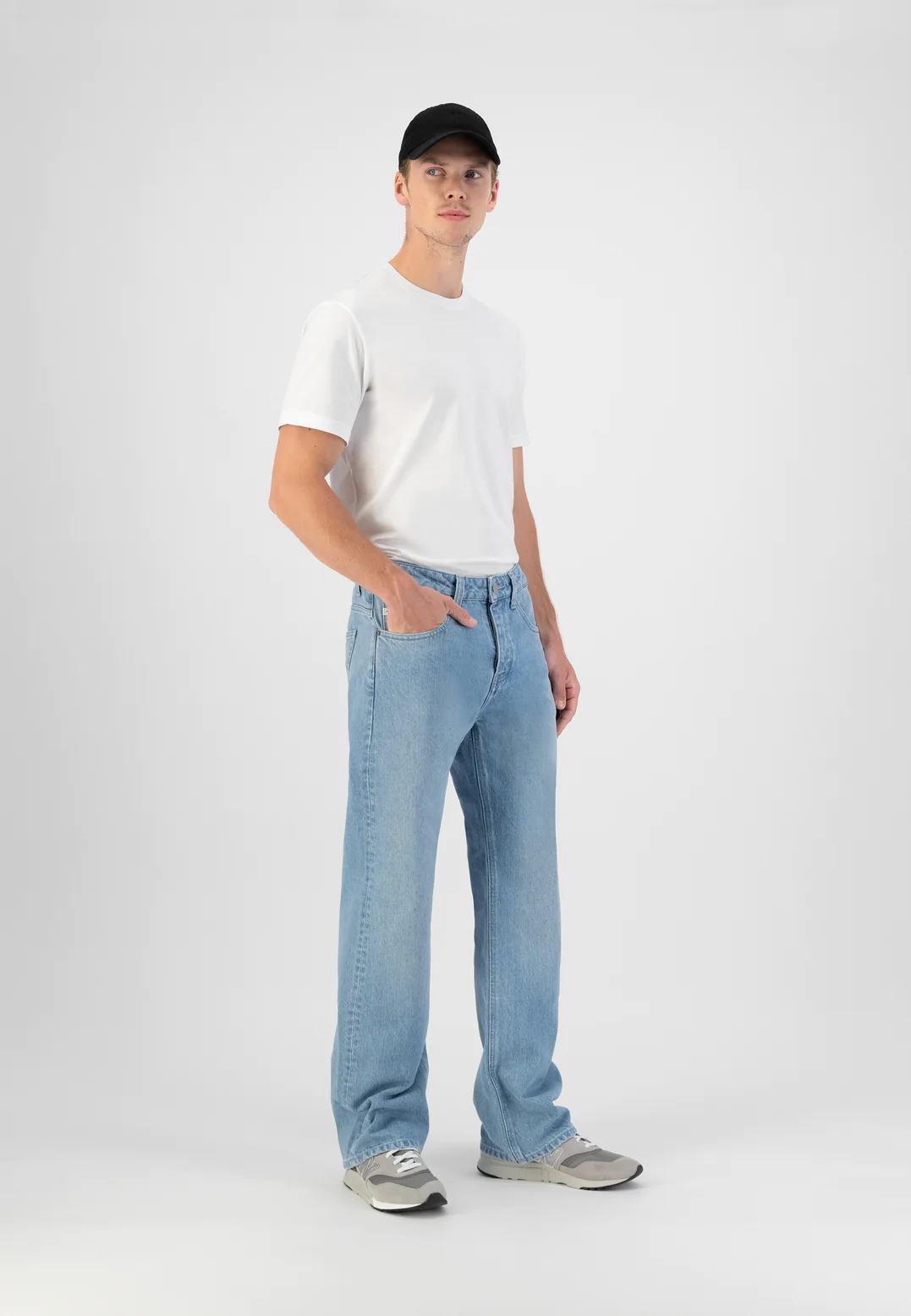
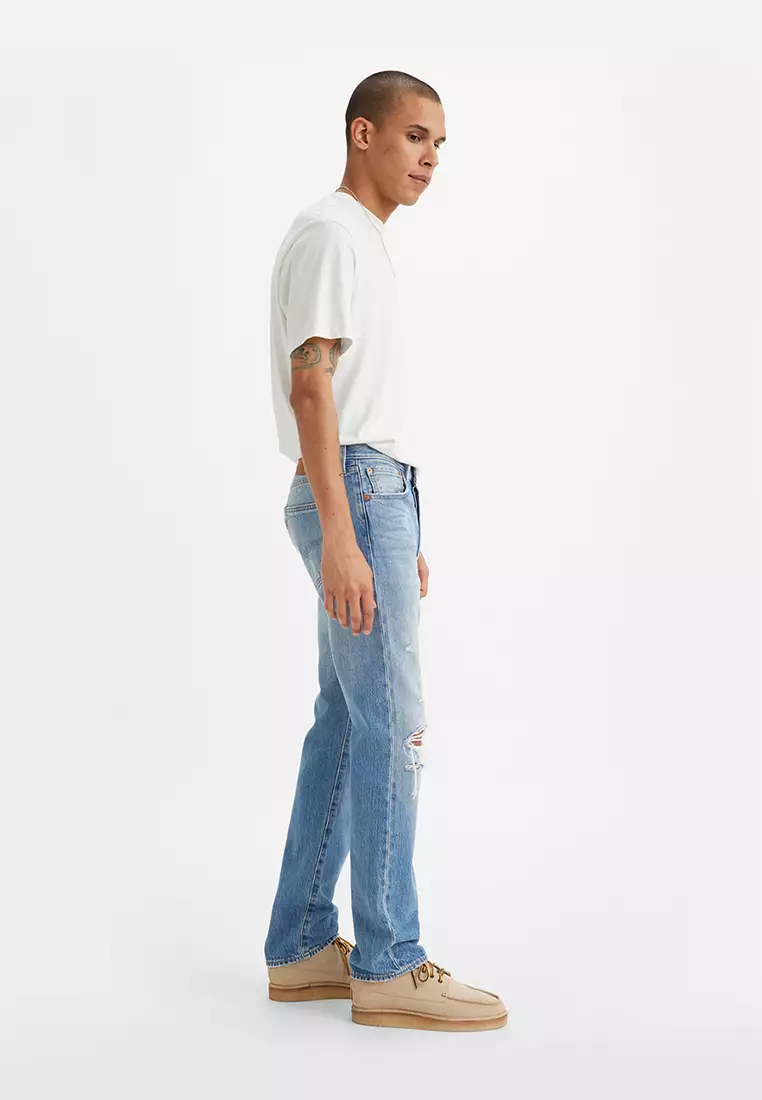
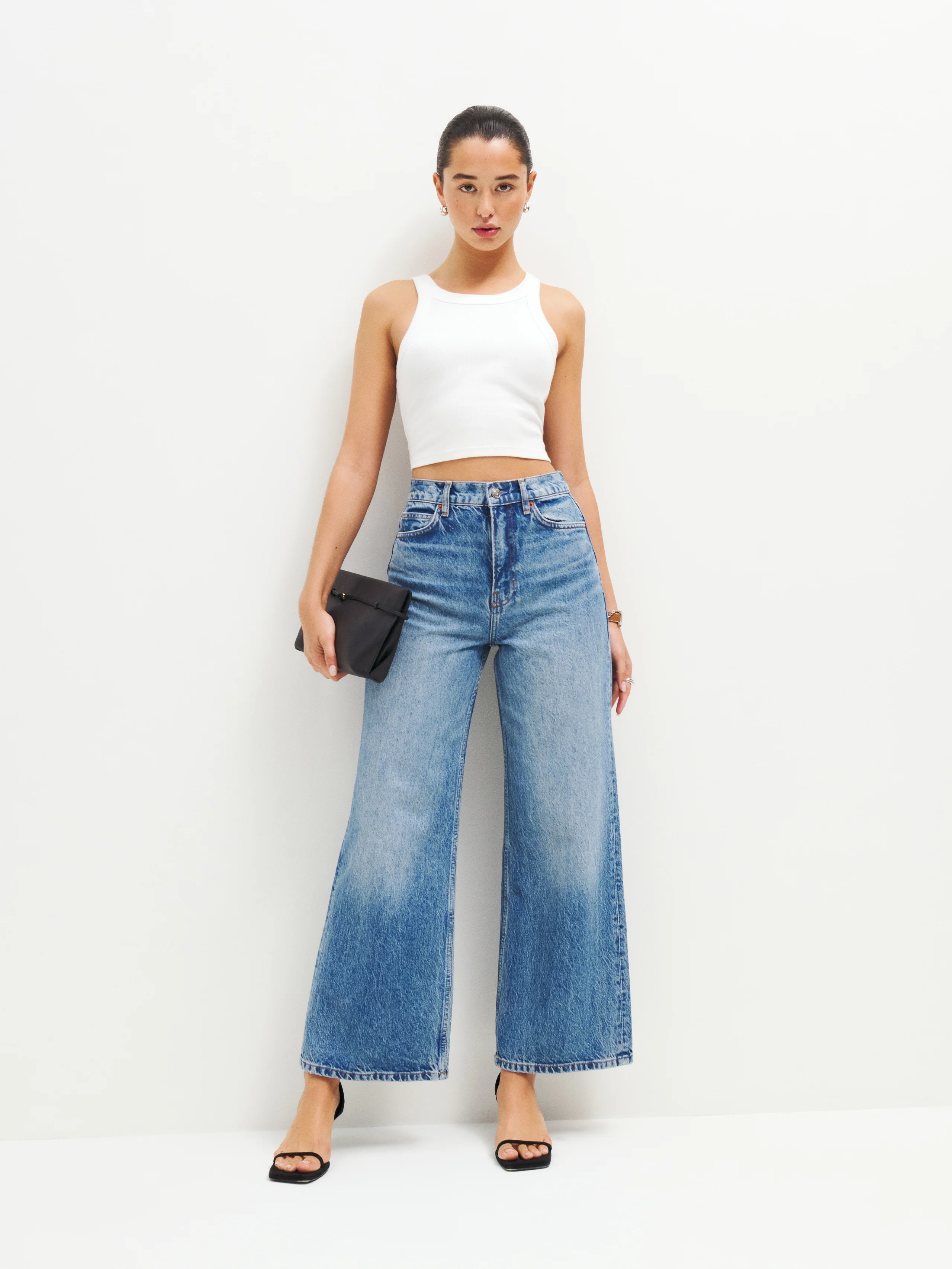
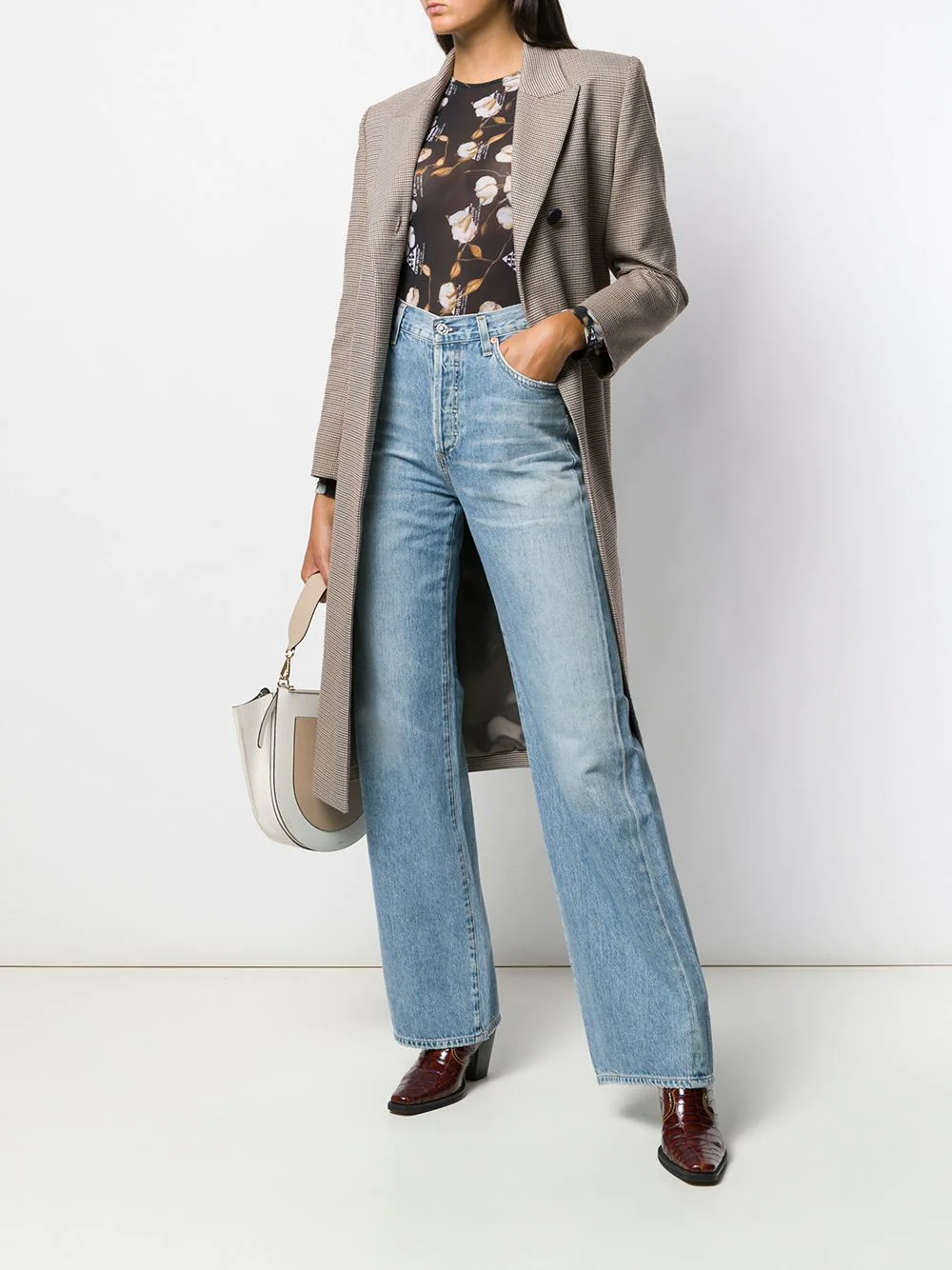
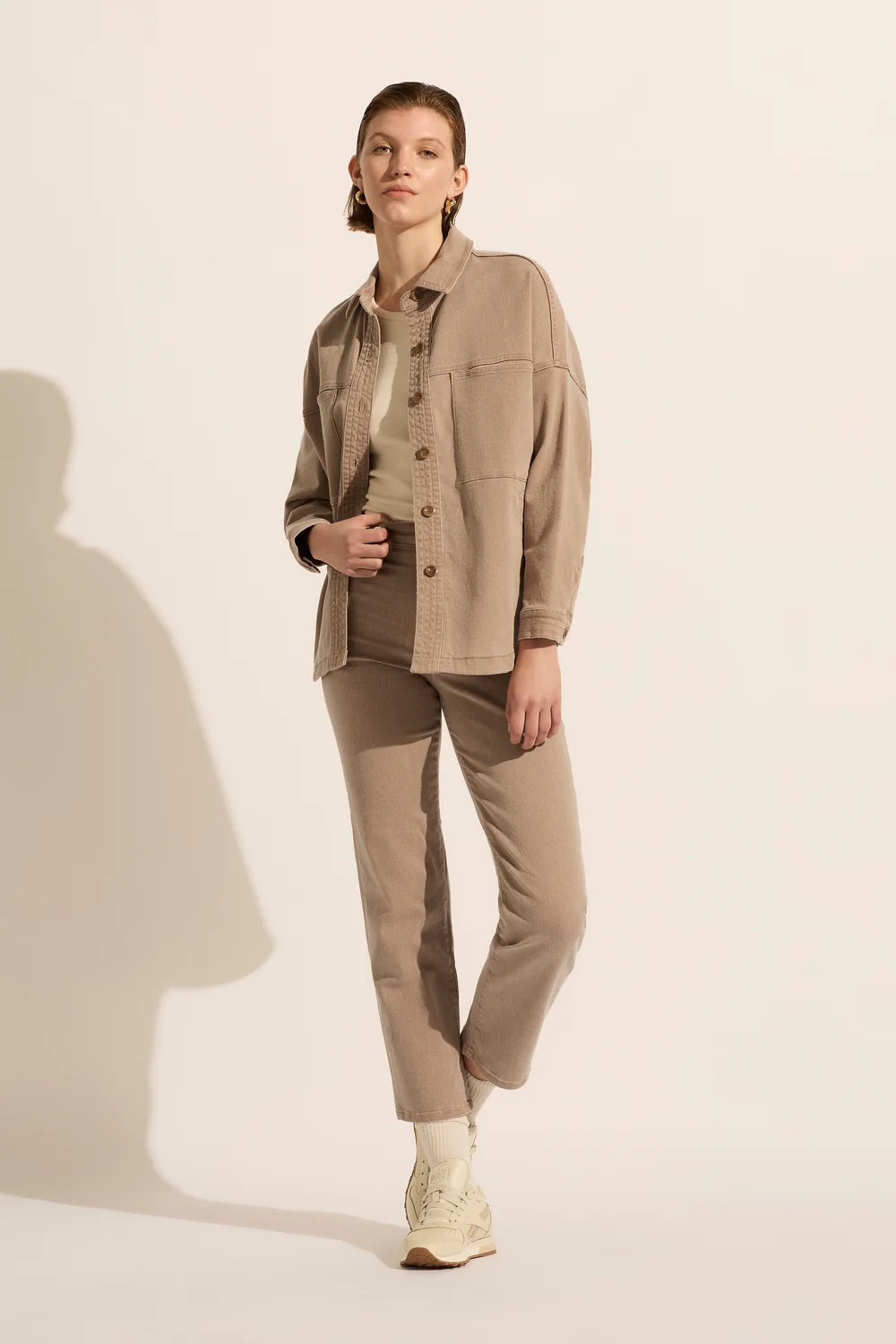
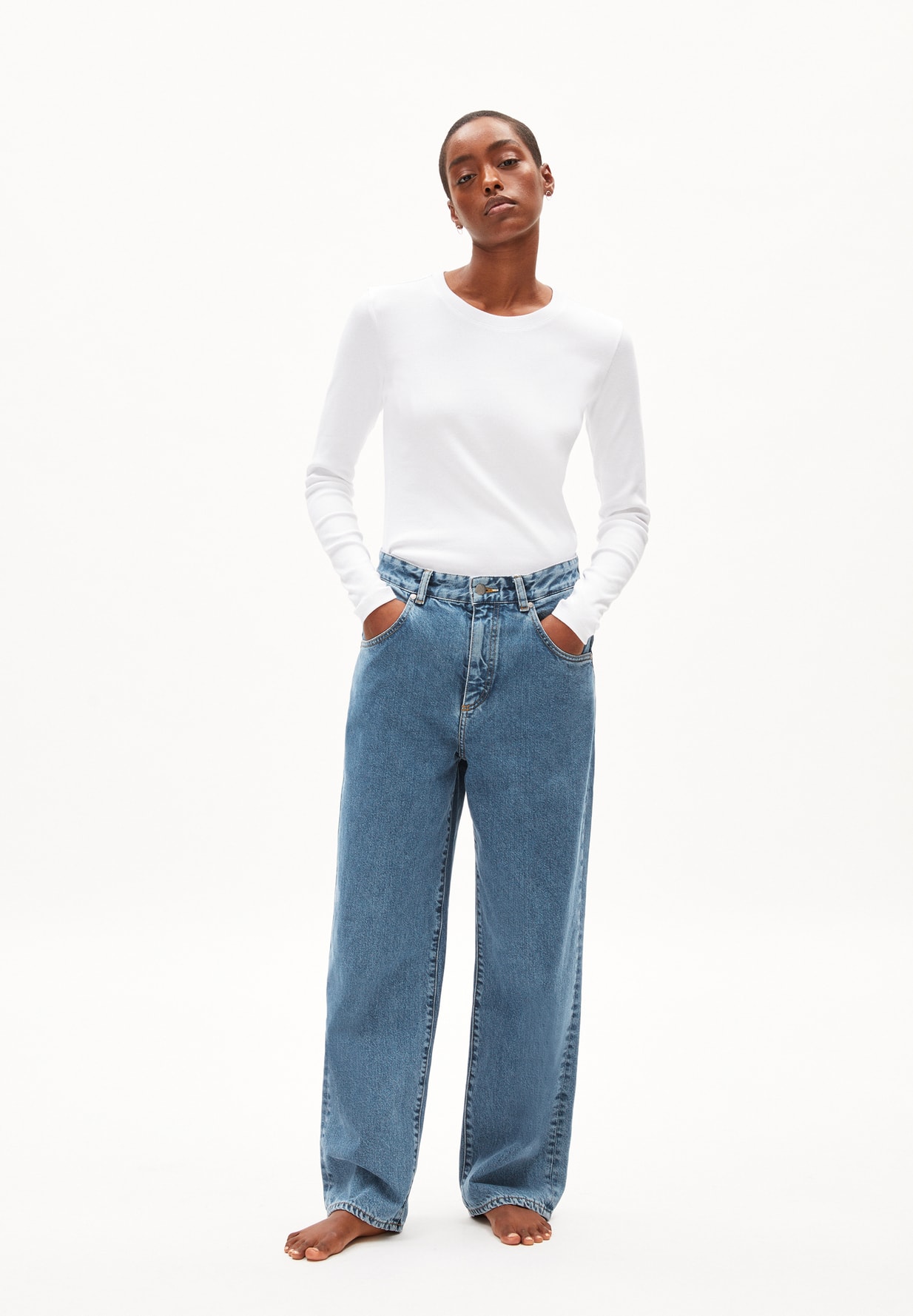
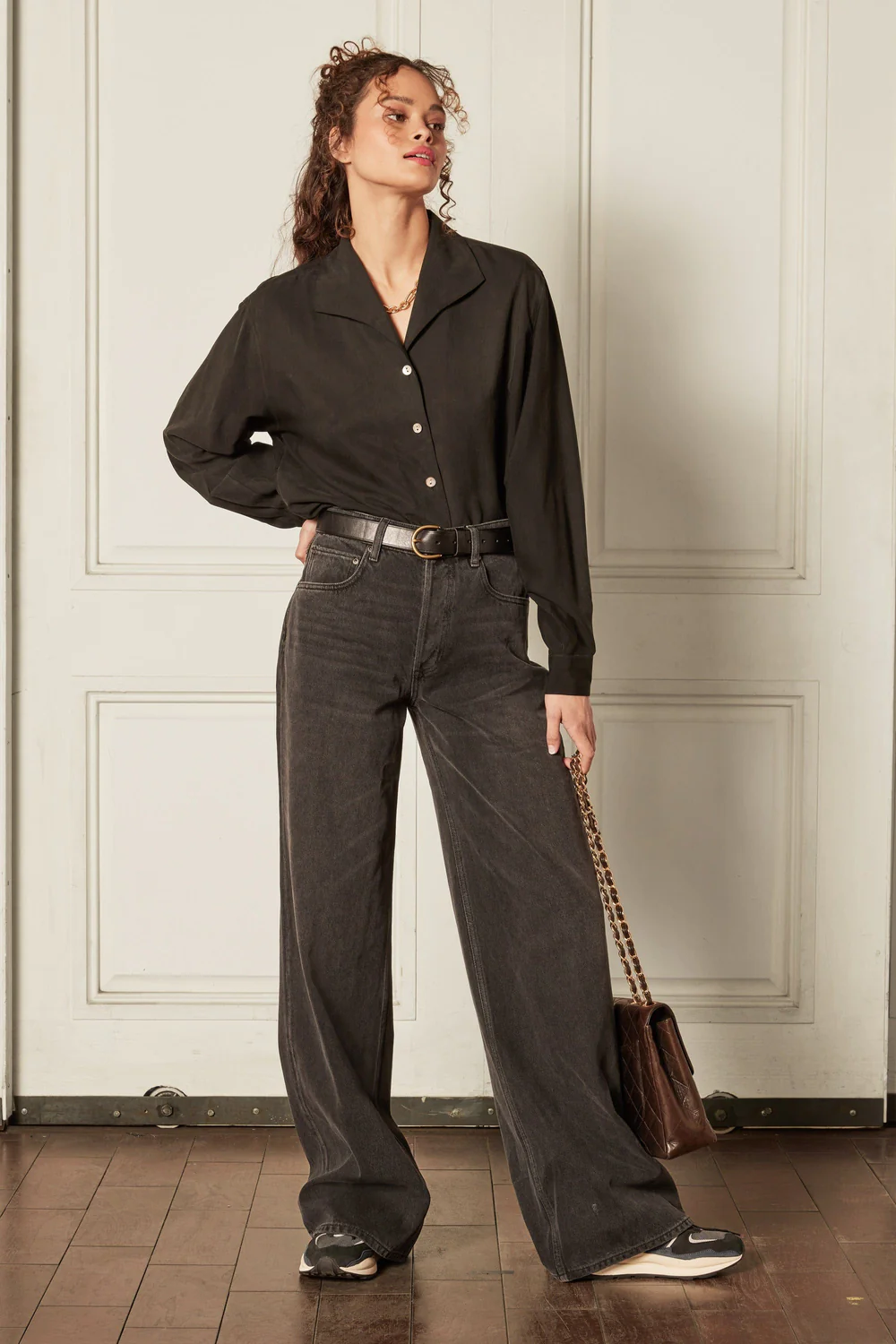
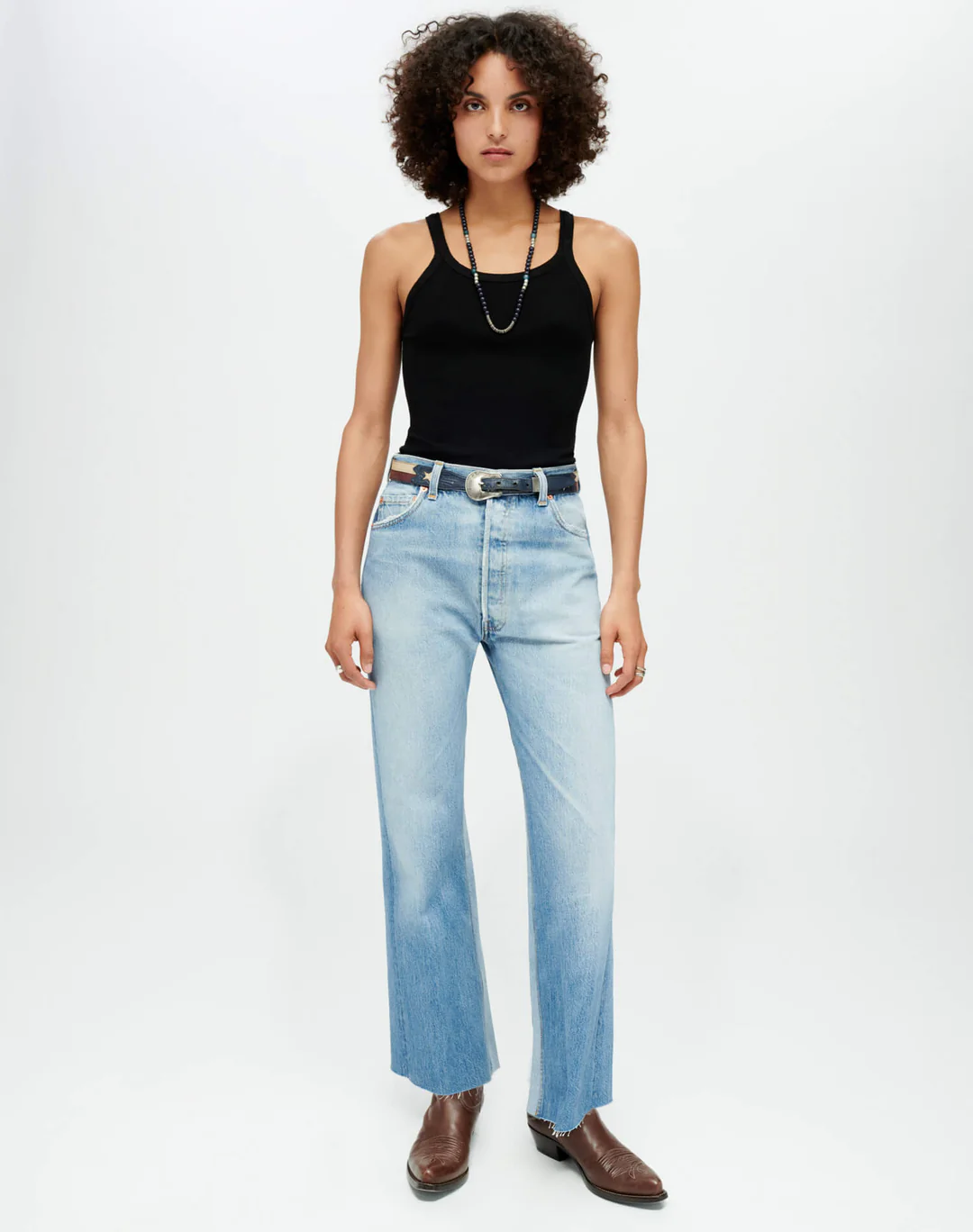
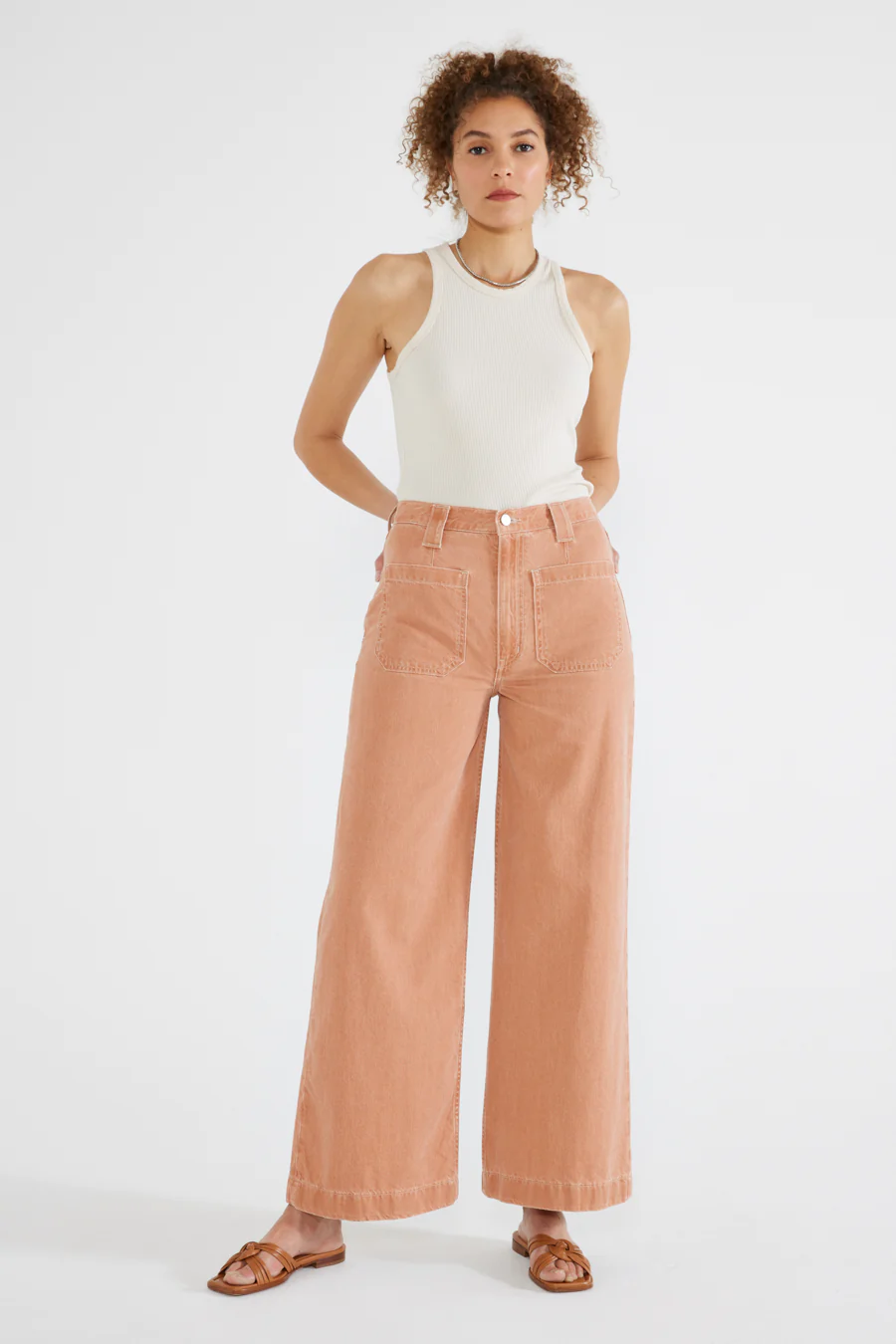
Get an exclusive peek into the world of Freen Sarocha: uncover 10 facts ...
In a cinematic landscape saturated with remakes, reboots and sequels, you might ...
These top 5 barber shops in Bangkok are where gentlemen can elevate ...
While traditional TV shows are serving us endless boy-meets-girl tales. Thailand has ...
Pets, as cherished members of our families, deserve rights and protections that ...
The internet makeup obsession straight out of Bangkok’s streets! Thai makeup zeroes ...
Wee use cookies to deliver your best experience on our website. By using our website, you consent to our cookies in accordance with our cookies policy and privacy policy